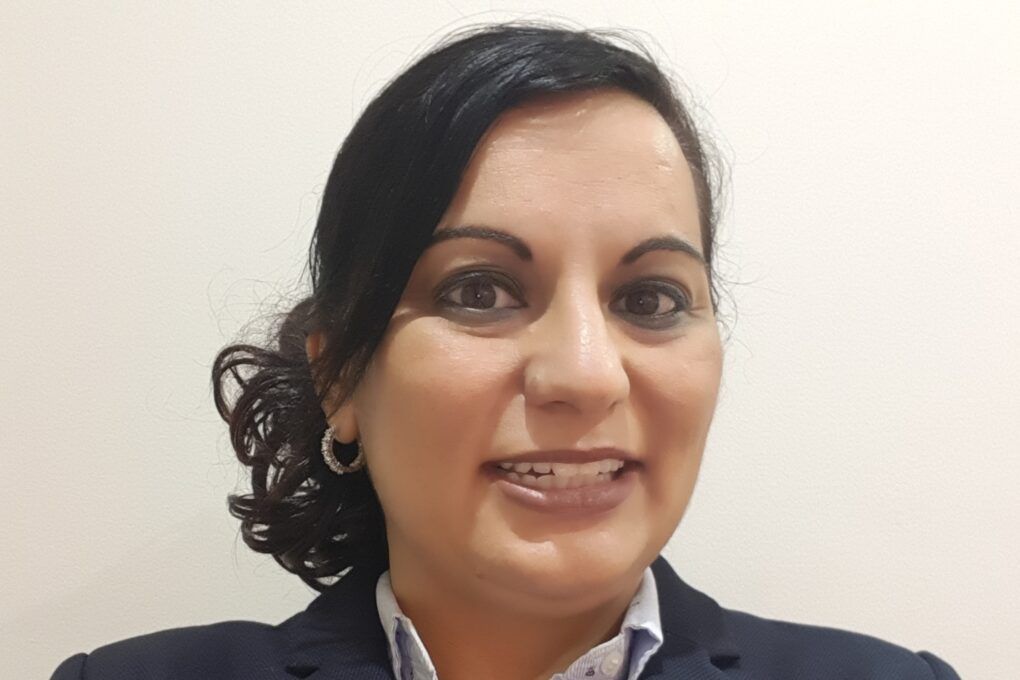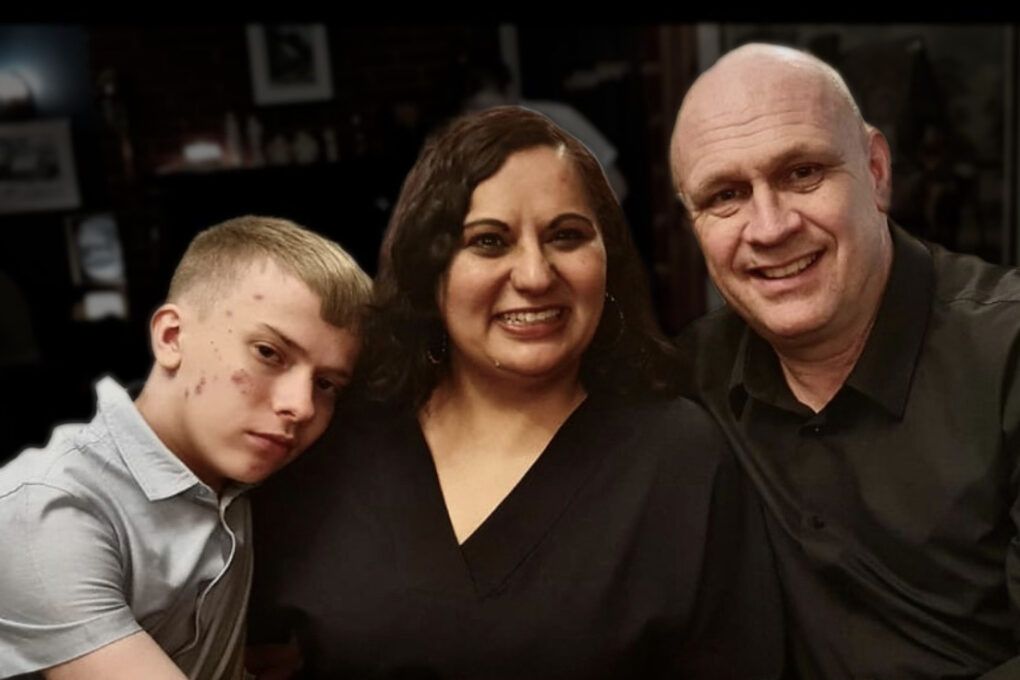‘Our genes hold the secret to better healthcare’

As a British Asian, Dr Sukhvinder Nijhar Nicklen is acutely aware of the role genetics play in shaping our lives.
Not only has Sukhvinder seen ageing family members suffer from the same diseases over and over, she’s also experienced the turmoil of parenting a child with undiagnosed health issues.
In both cases, genes have helped Sukhvinder find answers – and motivated her to join Our Future Health.
South Asian ancestry and disease risk
“Many people in the Asian community – especially those of us that are first or second-generation immigrants – see our parents and grandparents suffer from chronic illnesses like cardiac disease and diabetes,” says Sukhvinder. “Their latter years can be extremely challenging.”
Research shows that ethnic origin can play a significant role in a person’s risk of developing certain diseases. A 2014 study revealed that South Asian populations have a higher degree of insulin resistance compared to other ethnic groups, which can lead to the development of diabetes. And the 1999 and 2004 Health Surveys for England found that South Asian men are 50 per cent more likely to suffer coronary heart disease than men in the general population.
“Genetically, we are more predisposed to some issues,” says Sukhvinder. “We saw it with Covid.”
That’s part of the reason why Sukhvinder decided to join Our Future Health. She says as soon as she heard about our programme, which will help doctors to identify people who are at risk of diseases, she knew she wanted to take part. Sukhvinder joined in London during the summer of 2022, becoming one of Our Future Health’s first public volunteers.
“The great thing about Our Future Health is that it’s an opportunity for us all to help each other in the long-term,” says Sukhvinder. “Hopefully it will mean that when we’re grandparents, we won’t be in the same place as our grandparents are now.”
She is excited by our programme’s commitment to building a truly diverse group of volunteers, as it means new discoveries will benefit her own community. In the past, much research has been conducted on white British volunteers, which means treatments haven’t always worked in the wider community. “Knowledge is power,” says Sukhvinder. “For British Asians, the benefits of joining Our Future Health are clear.”
“My hope is that by finding out more about our genetics upfront, we will be able to make lifestyle changes that help us avoid the issues we’re at risk of in later life.”
The life-changing power of genetics
Sukhvinder has a second reason for wanting to join Our Future Health – she’s seen first hand how genetic analysis can improve diagnosis.
Hari, the youngest of her three children, was ill from birth. It was the start of what turned out to be more than three years of worry, concern, confusion and heartache for Sukhvinder and her family, as doctors struggled to identify Hari’s multiple illnesses.

“At birth, he had three renal (kidney) complications,” says Sukhvinder. “By the time he was three he had a huge list of different problems, ranging from development delay, nutrition issues, immunity issues and – it was horrible to read – ‘failure to thrive’.”
“That period was incredibly distressing. He was extremely poorly and there was clearly something underlying.”
The moment that everything changed was when doctors decided to do a genetic screen when Hari was nearly four. “It was pivotal, as they found the reason behind all the things that had been happening.”
He was diagnosed with DiGeorge syndrome, a rare genetic condition where the 22q11.2 gene – essentially a tiny piece of DNA – is missing. It can lead to a wide range of symptoms – for Sukhvinder’s son, these included autism, problems with communication development, and renal issues that resulted in the removal of a kidney when he was 9.
DiGeorge syndrome is not usually passed on from the parents, although it can be in certain cases. “It was a de novo mutation, because my husband and I were both tested,” explains Sukhvinder. ‘De novo’ means a genetic alteration that appears for the first time as a result of a mutation in the egg or sperm of one of the parents.
For the Nicklens, this diagnosis was transformative. “All the care our son needed was put in place,” says Sukhvinder. “And now, because we have that piece of paper that says he has DiGeorge syndrome, we know we should be careful doing certain things, for example with vaccinations or which therapies might help.”
Hari is now 15, attends a mainstream school and has an independent healthcare plan. “None of this would be possible without a diagnosis,” says Sukhvinder.
A new path
Hari’s genetic screen led to another major development in Sukhvinder’s life: she decided to change career. After immersing herself in all she could find out about 22q11.2, she moved from a role in scientific sales to working in mother and child health, and now is thrilled to be working at a company that focuses on genomic sequencing.
“It became clear to me that highly accurate genetic information allows you to understand even more about someone’s biology,” she says.
That realisation is at the heart of Our Future Health. When volunteers sign up to our programme, they donate a blood sample that we use to extract DNA. A technology called SNP array allows us to look at the part of DNA that varies from individual to individual – a process that can highlight a person’s risk of developing different common diseases.
With this information, researchers will be able to find spot new patterns that suggest new ways to prevent, detect, and treat diseases.
In the future, we may also use a process called genome sequencing to read and record almost all the DNA in our volunteers’ genome.
Sukhvinder’s enthusiasm for what Our Future Health is doing is unequivocal. “To do a population study like this is absolutely brilliant,” she says. “I really believe in preventative healthcare. Genomics is where we’re headed – it’s such a valuable wealth of information that can benefit us and our long-term health. I’m thrilled we’re doing it.”

Let’s prevent disease together
By volunteering for Our Future Health, you can help health researchers discover new ways to prevent, detect and treat common conditions such as diabetes, cancer, heart disease, stroke and Alzheimer’s.